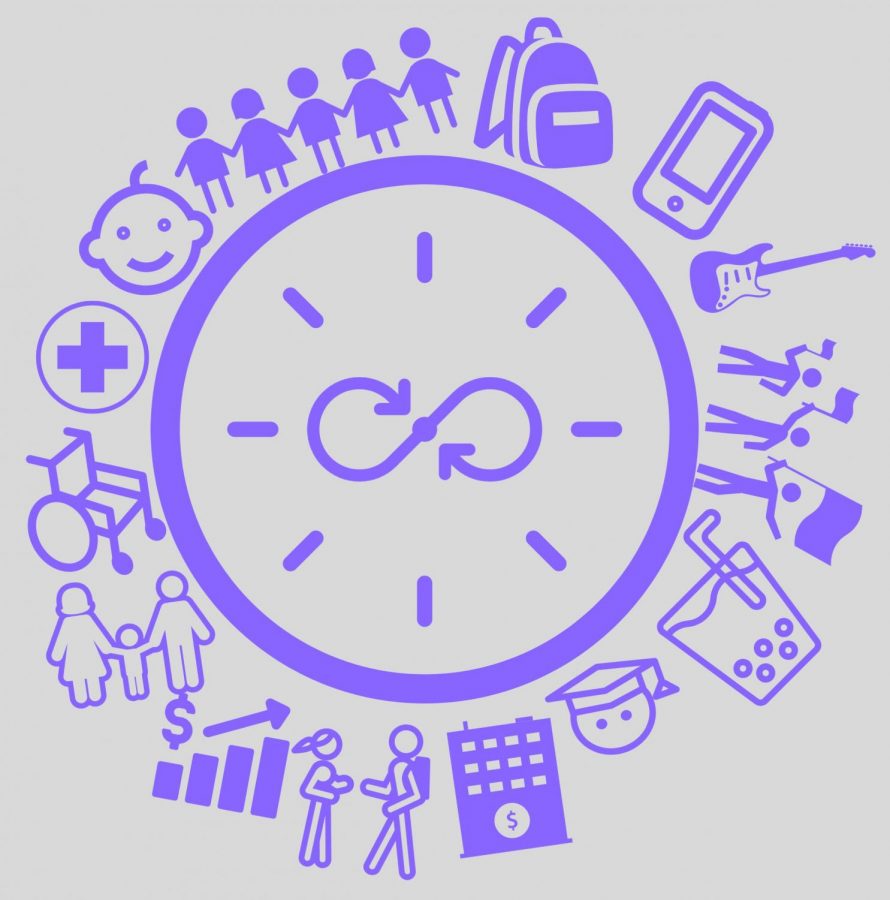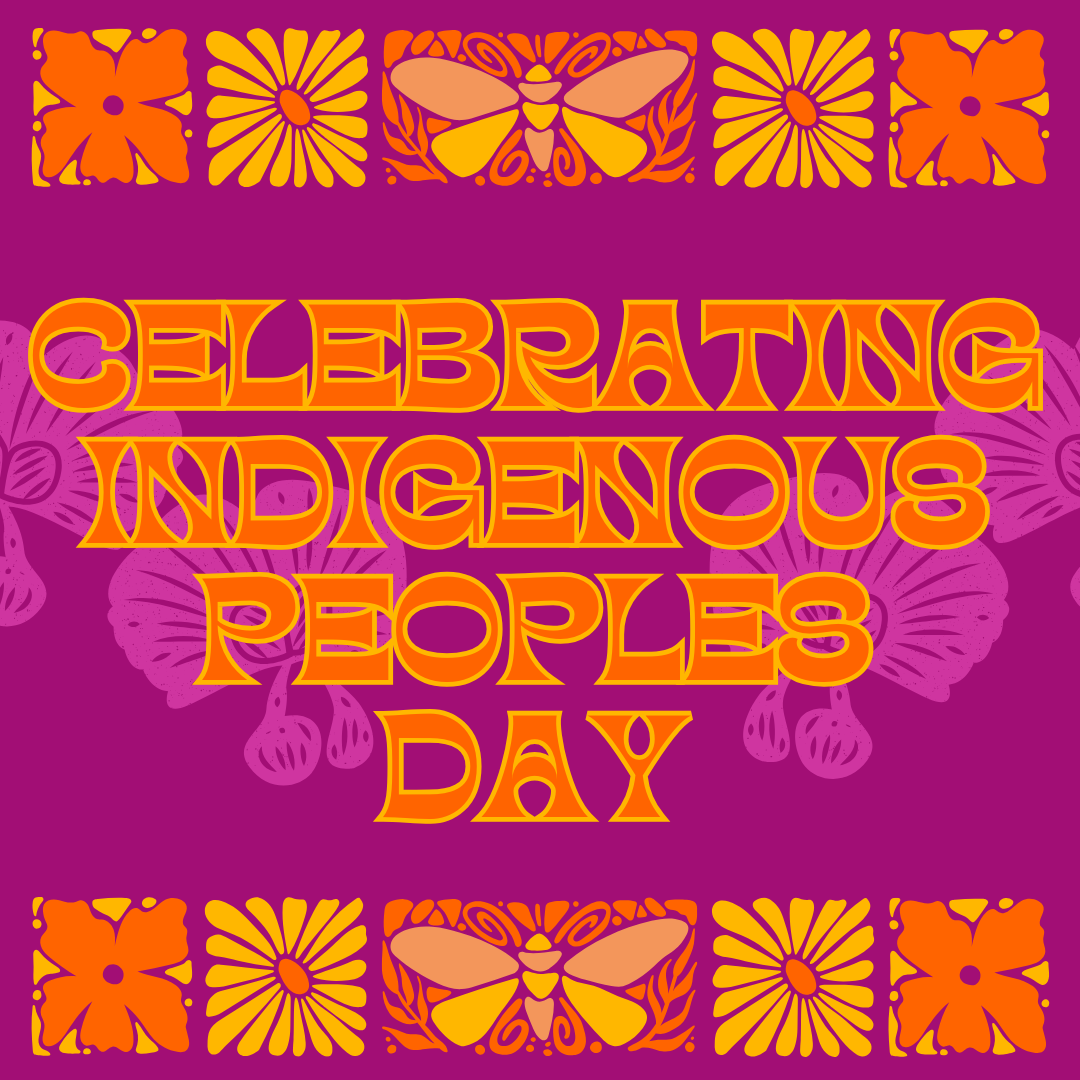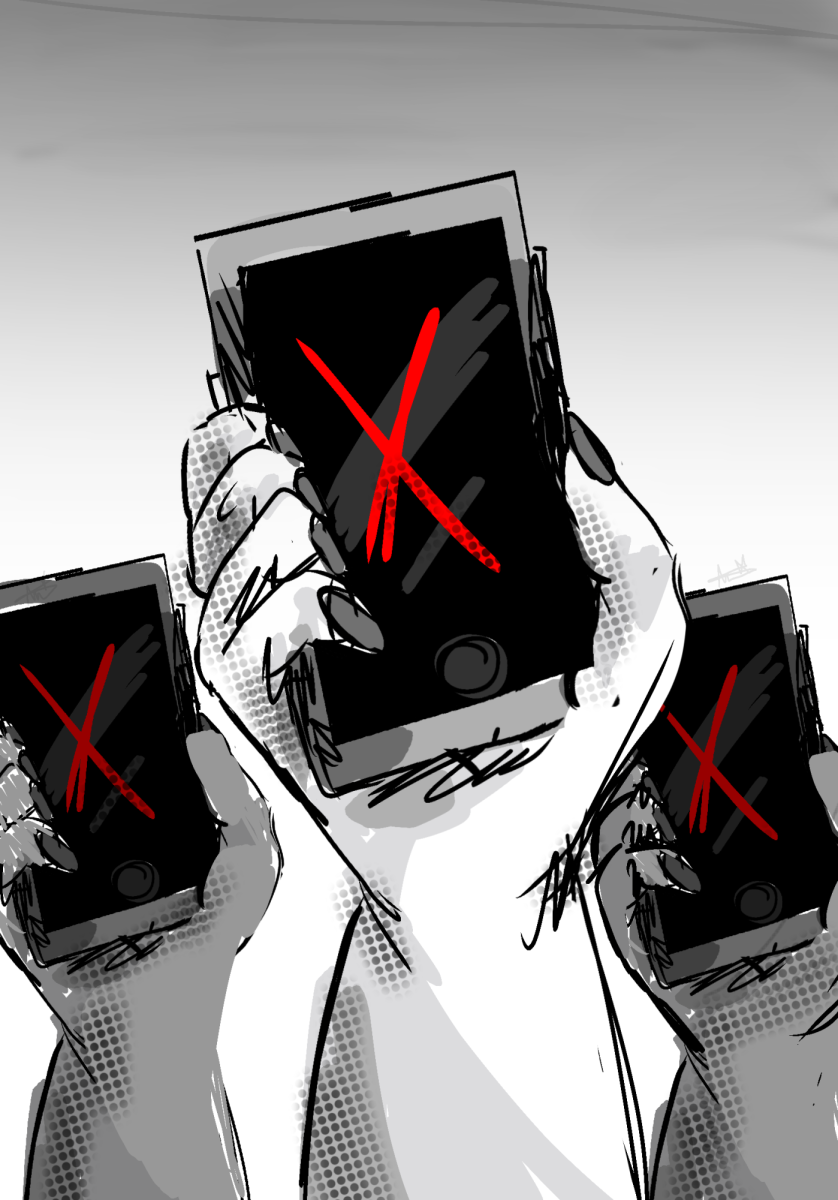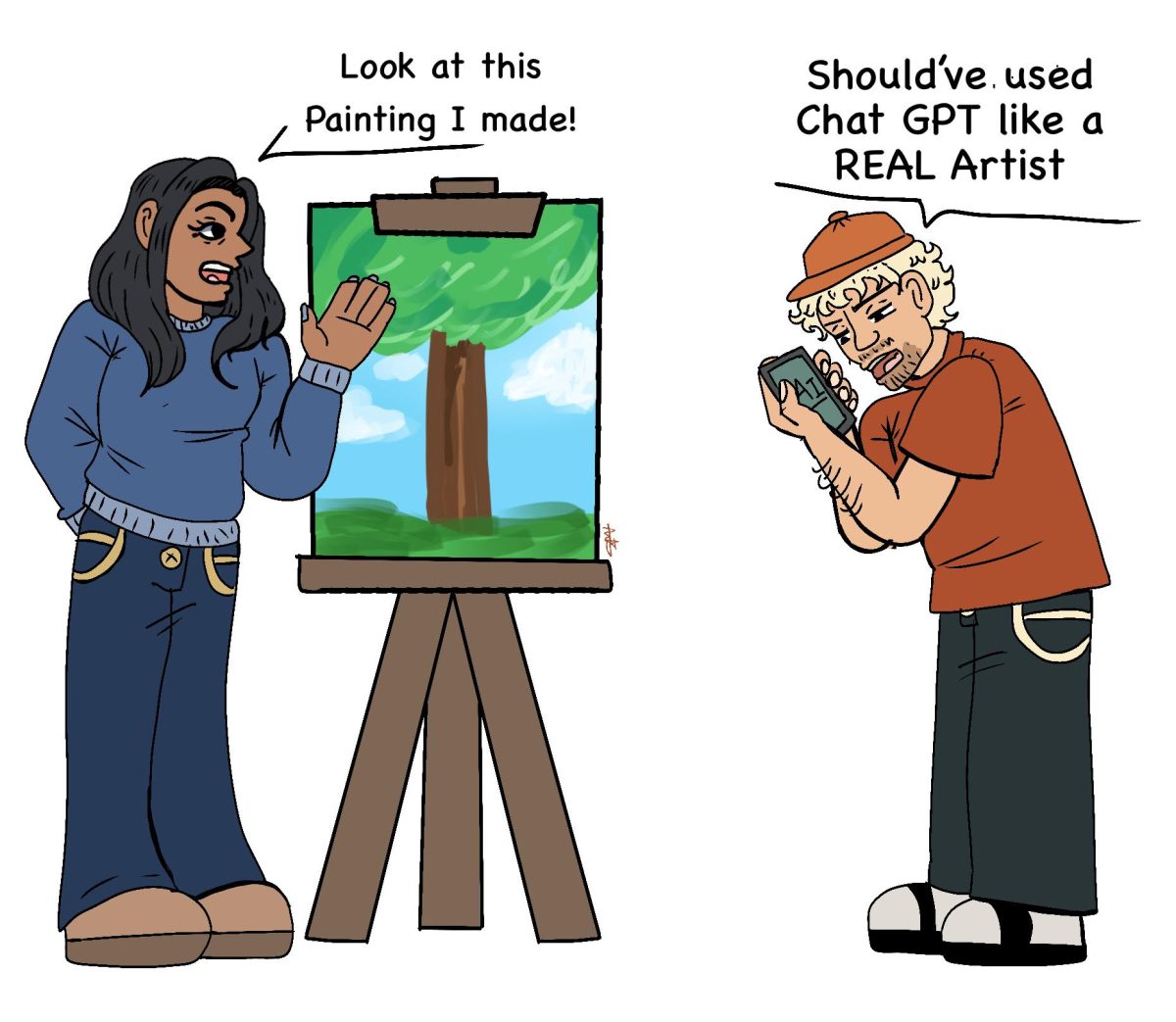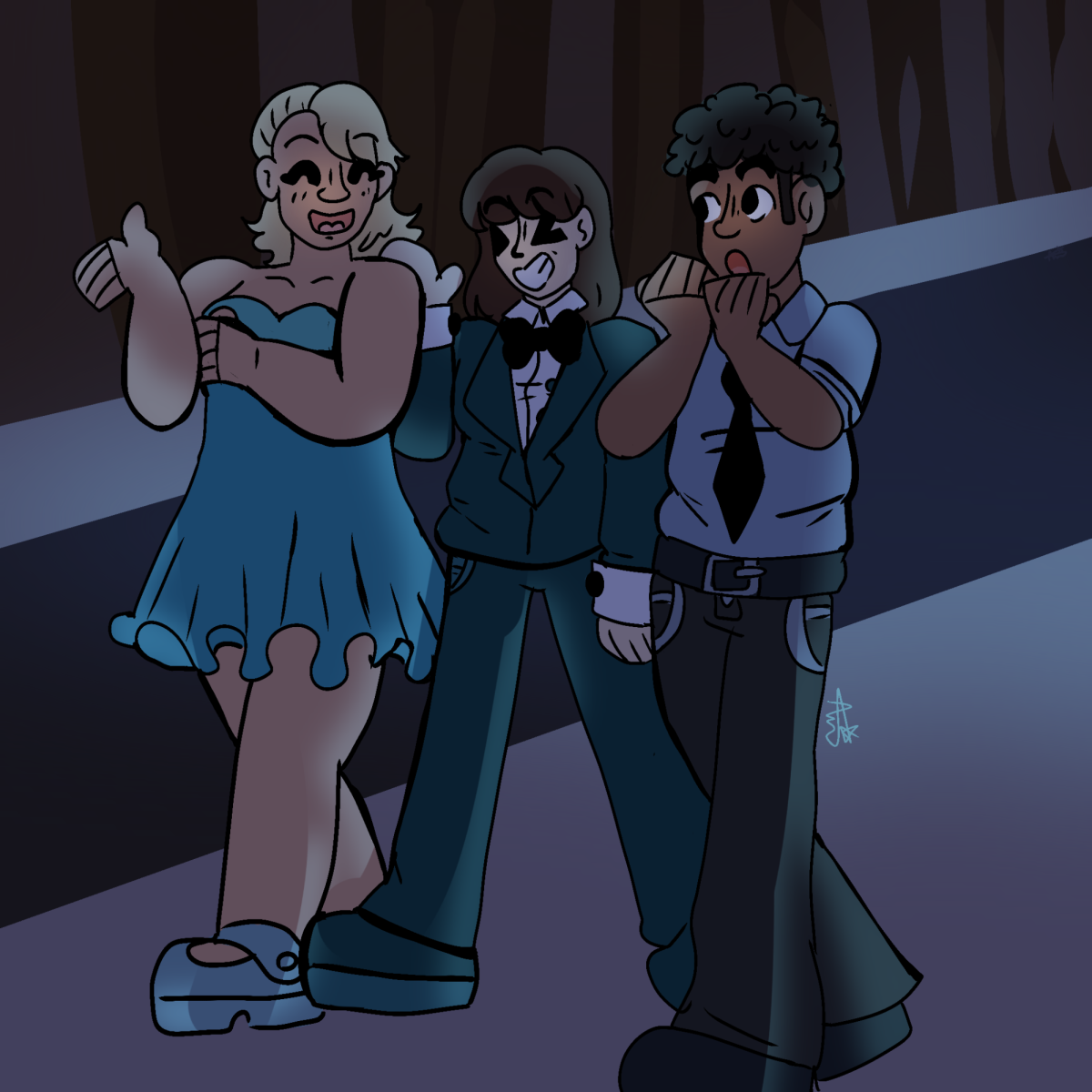Generation Z has grown up watching the first few Pixar movies and playing outside because flip-phones were just for the grown-ups. We’ve binged The Office, we’ve watched toddlers sing “Let It Go” on a loop, we’ve held our breath as Tony Stark saved the world, and we’ve played with old rubber jump ropes during recess in elementary school. Yet we are still marked as the iPhone generation, or as a collective group of young adults who contribute nothing to society.
But let’s not forget the generational history of our country. Baby Boomers went through a lot too. The Vietnam War, the ongoing Cold War, and the dawn of The Civil Rights Movement encompassed most of their adolescent years. Their parents, who made up most of the “Silent Generation,” were born between the Great Depression and the end of World War II. These factors should yield perspective on our current trials.
Following the Baby Boomers, Generation X grew up in the 1970s to 1980s. Many “Karen”s belong to this generation, but that does not necessarily define them; Bon Jovi, Jeff Bezos, Leonardo DiCaprio, Peyton Manning, Ben Stiller, Venus Williams, Beyoncé, Stephen King, Tom Cruise, and many more celebrities we all know and love are from Generation X.
Now, it’s time to talk about the generation before Z, and yes, it’s also called “Generation Y.” Millennials belong to the generation that some confuse Generation Z with. These kids grew up in the early to late 1990s and are currently searching America for their futures, building full-time careers, etc.
Millennials are by no means the same as Z and have a very different stigma, but both groups probably used the same types of toys and read the same books in school. Whether they are blonde hipsters jamming out to Britney Spears whilst wearing skinny jeans or a young couple trying to start a family, they are all part of Generation Y and deserve to be treated as such. After all, they aren’t teenagers anymore.
As for teenagers, the elder part of Gen Z has dealt with both a pandemic and the annual stress of trying to answer the question, “What am I going to do after high school?” Meanwhile, the tail end of our generation will remember these times as simply childhood memories. Each age group has vast differences despite being part of one category, especially in the twenty-first century. Gen Z and millennials may be similar, but Gen Z is more brash and quick to stand up for themselves and/or others. We’ve already been through a lot.
The United States is, not very united at the moment. People are still angry over laws passed twenty or thirty years ago. People are still dealing with the traumas they were told to keep within themselves. People are influencing new habits into society and fighting for change. There have been so many cultural shocks, economic crashes, and global fear throughout the past century and even before then.
Yet people remain people. Times change, but people do not. At the end of the day, not every female from Generation X is an entitled “Karen” with a certain haircut. Not every millennial believes in the same ideals. Not every Baby Boomer should be regarded as stubborn, unadaptable people when they are most likely some of the most adaptable people we could ever meet.
So before you point fingers and make generalized assumptions, think about the impact and whether or not you’d like someone else doing it to you. Sure, people can be difficult at all ages. They can hurt you and use terms that will trigger your inner fill-in-the-blank. But retaliating and being rude to one another will only send our society backward.
We should appreciate the young and celebrate the old, not discounting those in-between. My generation, Gen Z, has been through quite a lot these past one-and-a-half-ish years. We deserve to be respected, as any group of young adults should. The “real world” may not be quite as accepting, but that is where the problem lies.
Let’s be forgiving. Let’s be compassionate and unbiased.
Let’s be adults.




